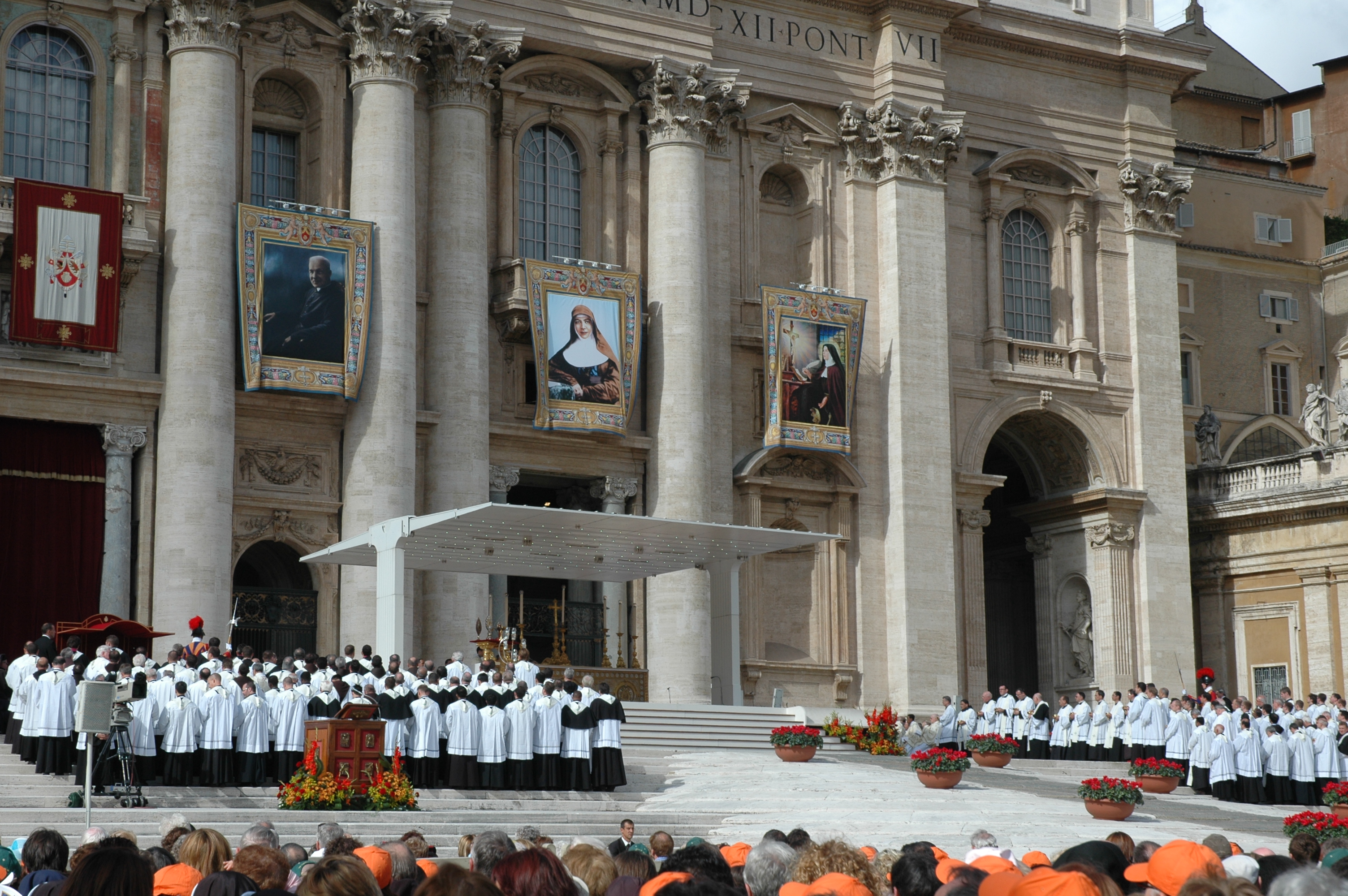
Surging wonder and gratitude were unexpected feelings for me when I saw the picture of Mary MacKillop hanging on the walls of St Peter’s Basilica on the day of the canonisation, 17 October 2010. World recognition of the workings of God through this woman was an awe-inspiring thing indeed.
In her Ministerial Statement made to the New South Wales Parliament that day, the then Premier, Kristina Keneally, pointed out that while Mary MacKillop’s canonisation was significant for the universal church, it spoke to Australians in particular:
“She will be forever a reminder that our nation is at its greatest when we care for all in our communities, especially the most vulnerable. She will always be known as a great pioneer of egalitarianism, mateship and compassion that we now call a fair go. Her life is inspiring to any Australian.”
In past days the Catholic Church in Australia has been listening in Plenary Council to the voices of those responding to questions about how the Church can be a credible sign and instrument of God’s saving work in this country. Like Mary MacKillop in her time, we experience a Church in need of conversion. Mary knew its weaknesses; she suffered under systems that allowed the misuse of power.
More than a hundred years have passed since Mary MacKillop urged her Sisters to look beyond this experience with hope, to courageously become in themselves sign and instrument of God’s compassionate love. At the time of the canonisation, Notre Dame de Namur Sister Ishbel MacPherson, a relative of Mary MacKillop, quoted the saint as saying, ‘Sisters must be trained spiritually and in worldly knowledge necessary to enable them to take the stand the Church in Australia requires of them’ (Good Works, Vol. 6, No. 3, March 2011).
Mary MacKillop did not shy from the challenges of her time. Neither must we. We, too, must inform ourselves and take whatever steps are necessary within our ambit of influence, so that the Church can be recognised as an authentic voice proclaiming the reality of God’s Love.
Teilhard de Chardin warns us that the work of God proceeds slowly:
“We are impatient of being on the way to something unknown, something new. And yet it is the law of all progress that it is made by passing through some stages of instability and that it may take a very long time.”
Much effort and prayer have gone into preparations for the Plenary Council, and hopes are high. At the same time, unless we tap into the basis of our hope, we will lose patience with elements of Church seemingly resistant to reforms that would enable God’s word to speak in the language of our time.
As we recall the universal celebration of what God achieved for the people of our land and beyond through Mary MacKillop, we are reminded to see and hear again God’s promise that life comes out of death and that Love’s power transforms our lives.
Mary Cresp rsj
